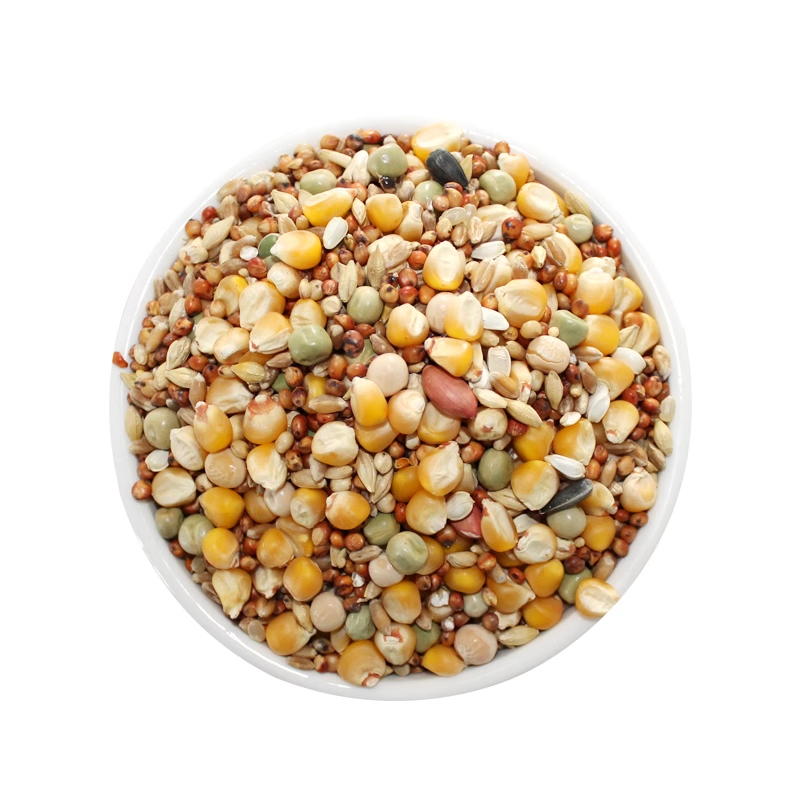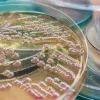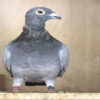
Nutritional Deficiencies in Racing Pigeons
Nutritional Deficiencies in Racing Pigeons: A Deep Dive Into Vitamins A, D, E, B-Complex & Zinc
In the world of racing pigeons, peak performance doesn’t happen by chance—it’s built from the inside out. While training and genetics play a vital role, nutrition is the foundation of a healthy, competitive bird. And when nutrition falls short—especially in key vitamins and minerals like A, D, E, the B-complex group, and zinc—your pigeons will feel it. From sluggish behavior to weak feathering, fertility issues, and vulnerability to infections, these deficiencies can quietly derail your loft’s success.
In this guide, we’ll explore why these specific nutrients are so important, what signs to watch for, and how to correct and prevent deficiencies with smart dietary planning and targeted supplementation.
Why Nutritional Balance Matters in Racing Pigeons
Racing pigeons undergo extreme physical and metabolic stress, especially during the breeding, molting, and racing seasons. Their bodies demand optimal fuel to maintain feather health, muscle development, immune resilience, and reproductive strength. A lack of just one essential nutrient can ripple across systems, leading to:
-
Reduced race performance
-
Poor feather condition
-
Lower fertility and hatch rates
-
Slower recovery after flights
-
Higher susceptibility to infections
Let’s now break down the key nutrients most commonly lacking in pigeon diets and how they impact the birds.
Vitamin A Deficiency: The Immunity and Vision Weakener
Why it’s essential:
Vitamin A is crucial for maintaining healthy epithelial tissues, vision, and immune system function. It helps protect respiratory and digestive tract linings—critical in racing pigeons constantly exposed to airborne pathogens.
Signs of deficiency:
-
Watery eyes or swelling
-
Poor growth in young birds
-
Weak resistance to respiratory diseases
-
Dull feathers
-
Reduced appetite and energy
Common causes:
Vitamin A isn’t stable in storage—if feed is old or exposed to light, it may degrade. Seed-only diets are particularly low in A unless fortified.
How to fix it:
Incorporate dark leafy greens, carrots (shredded), or add a pigeon-specific vitamin A supplement to their drinking water or soft food mix, especially during winter and breeding.
Vitamin D Deficiency: The Bone and Fertility Disruptor
Why it’s essential:
Vitamin D helps absorb calcium and phosphorus—vital for strong bones, eggshell formation, and proper muscle function.
Signs of deficiency:
-
Poor eggshell quality
-
Limp or rubbery bones in squabs
-
Muscle tremors or paralysis
-
Low hatch rates
-
Delayed feather development
Common causes:
Indoor lofts with limited sunlight exposure can reduce natural vitamin D synthesis. During winter, this becomes even more pronounced.
How to fix it:
Ensure pigeons get some daily sun exposure or supplement with a D3-enriched multivitamin like PHP Breeding Boost or Tony’s Treasure Tablets. Use cod liver oil or fortified grit to support bone health.
Vitamin E Deficiency: The Breeding and Muscle Guardian
Why it’s essential:
Vitamin E functions as a potent antioxidant and is essential for reproductive health, muscle function, and immune support.
Signs of deficiency:
-
Muscular weakness or tremors
-
Infertility in cocks and hens
-
Embryo death during incubation
-
Neurological signs (twisting of neck in young birds)
-
Poor coordination or balance
Common causes:
Vitamin E is unstable in feed stored under warm, humid conditions. Grain-heavy diets often lack sufficient E.
How to fix it:
Use wheat germ oil as a natural source of vitamin E. Combine it with selenium for enhanced absorption. Supplements such as PHP E-Boost are ideal for breeding and racing periods.
B-Complex Deficiency: The Energy and Nerve Fuel
Why it’s essential:
B-vitamins are critical for converting food into energy, supporting nervous system function, and aiding in feather and skin health.
Signs of deficiency:
-
Poor coordination or leg weakness
-
Dull, frayed, or brittle feathers
-
Reduced appetite and growth in young birds
-
Nervous behavior or excessive stress
-
Uneven molting
Common causes:
Stress from transport, breeding, or racing rapidly depletes B-vitamins. Antibiotic use can also reduce B-vitamin synthesis in the gut.
How to fix it:
Offer a B-complex vitamin supplement weekly during high-demand seasons. Products like PHP B-Complete or Vet Schroeder Tollisan B-Vitamin are formulated specifically for pigeons.
Zinc Deficiency: The Hidden Molting and Immunity Culprit
Why it’s essential:
Zinc is a trace mineral that supports feather growth, wound healing, enzyme function, and immune health.
Signs of deficiency:
-
Poor feather regrowth during molt
-
Dry, flaky skin or feather breakage
-
Delayed wound healing
-
Weak squabs with poor growth
-
Susceptibility to skin infections
Common causes:
Zinc is often deficient in basic grain-based diets. It’s also poorly absorbed if calcium levels are too high.
How to fix it:
Use mineral-enriched grit or specific supplements like PHP Mineral Mix or Tollisan Mineral Drink. Pair with biotin and amino acids during the molt for best results.
Supporting Pigeon Nutrition Year-Round: Key Tips
1. Rotate Supplements Seasonally
Breeding, molting, and racing all place different nutritional demands on your pigeons. Adjust supplement types and levels accordingly.
2. Feed Variety = Nutritional Security
No single grain provides all essential nutrients. Include barley, corn, safflower, peas, wheat, and flax in balanced ratios. Fresh greens and seed sprouts are excellent natural boosters.
3. Use Fresh, Quality Feed
Store feed in cool, dry conditions to prevent nutrient degradation. Moldy or old feed can be toxic and low in vitamins.
4. Watch for Warning Signs
If your birds show feather abnormalities, breeding issues, or lack energy—investigate for deficiencies before symptoms escalate.
5. Consider Lab Testing
If you suspect a chronic issue, a lab test can identify specific deficiencies or liver/metabolic concerns. Always act on veterinary guidance for chronic cases.
Final Thoughts: Prevention is the Best Cure
Addressing nutritional deficiencies in racing pigeons isn’t just about fixing a problem—it’s about setting your loft up for consistent success. Whether you’re preparing for breeding season or the next big race, proper nutrition gives your birds the strength to thrive.
By focusing on key nutrients like vitamins A, D, E, B-complex, and zinc, and providing targeted supplements when needed, you’ll be protecting your pigeons from the inside out. Healthy birds don’t just look better—they perform better, breed better, and recover faster.
Your next step? Audit your loft’s current feeding plan and consider adding a high-quality vitamin supplement to round things out. Products like PHP Breeding Boost, Tony’s Treasure Tablets, and Vet Schroeder Tollisan Mineral Mix can help fill in any nutritional gaps during the year.


